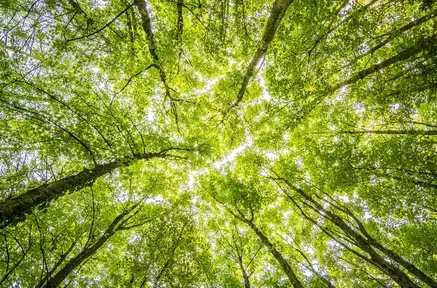Protecting forests and biodiversity in Malaysia with WWF

Forests are often called the ‘lungs of the planet’ thanks to the fact they absorb carbon dioxide and produce oxygen. However, their value goes far beyond that. Home to 80% of all terrestrial plants and animals and approximately 300 million people, forests are essential for life on Earth. They provide essential ‘ecosystem services’ (benefits that keep the planet, animals, and us healthy) like filtering water, stabilizing soil, purifying air, and supporting biodiversity.
Nevertheless, the planet’s forests are in crisis. Climate change, deforestation, overexploitation, and damage from wildfires are having devastating impacts on wildlife, water supply, food production, livelihoods, and the stability of the global climate system, which in turn affects forests. Each year we lose millions of hectares of forests, and those remaining are often damaged and degraded to the point that the plants and animals that rely on them are threatened with extinction.
Forests are a haven for biodiversity — the variety and number of animals, plants, fungi, and even microorganisms in an area. Biodiversity is crucial to support everything in nature that we need to survive: food, clean water, medicine, and shelter. Yet we are losing species at an alarming rate. Between 1970 and 2018, there was an average 69% decrease in measured wildlife populations around the world. This is undermining the planet’s ability to function properly.
Like many businesses, SIG is reliant on nature’s resources. We depend on forests for the wood fibers used to produce the liquid packaging board for our cartons.
We’re committed to taking action to protect and regenerate our planet’s forest. Beyond our commitment to responsible sourcing, goal is to invest to create, restore, protect, or improve management of more thriving forests than it takes to make its products. But we can’t do it alone. That’s why we’re partnering with WWF-Switzerland to support projects on the ground that improve the sustainability, biodiversity, and resilience of forests.
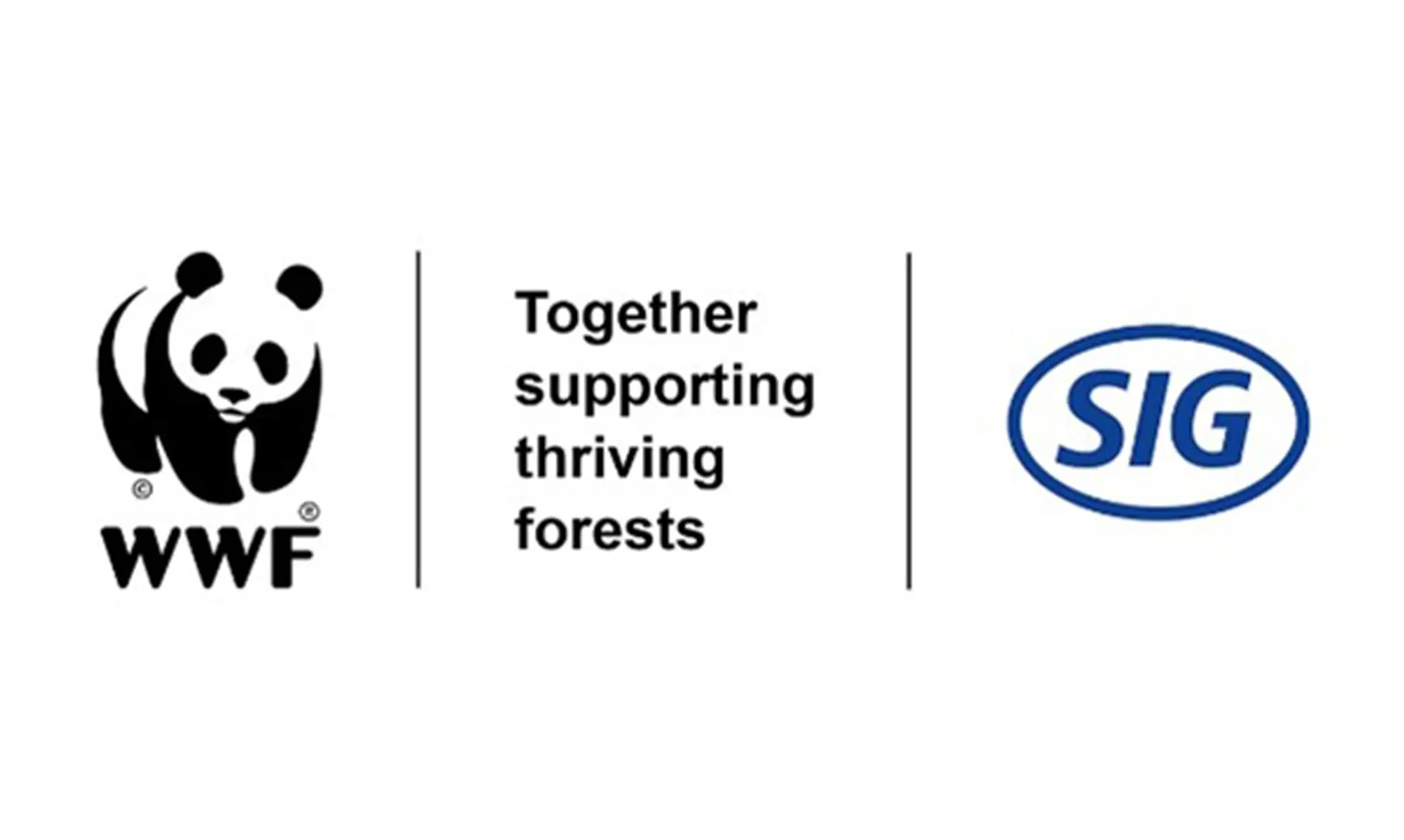
Our partnership with WWF Switzerland
In October 2022 we began a five-year partnership with WWF Switzerland to support forest projects around the world. WWF is the world’s leading independent conservation organization, on a mission to create a world where people and wildlife can thrive together. It has a long history of working to protect forests. Our partnership will enable us to work together to deliver targeted support for at-risk forests in biodiversity hotspots and deforestation fronts. These projects will help forests thrive, together with the wildlife and people who depend on them.
Last year we launched our first flagship project together— focusing on the Central Pacific Landscape in Mexico. The area is home to some of the country’s richest nature and acts as a superhighway connecting Mexico’s forest ecosystems, which is fundamental to the survival of highly mobile species like the jaguar. The project aims to improve landscape management of 100,000 hectares of forest and restore an additional 750 hectares of degraded forest — creating habitat corridors for jaguars. Work has already begun, and last year teams from SIG and WWF Switzerland travelled to Mexico to visit the sites where WWF Mexico will carry out restoration activities and meet the local communities, protected area managers, and other key partners involved.
We are excited to have now launched our second project in the Ulu Muda Forest Complex in Malaysia. Spanning nearly 164,000 hectares across eight interconnected forest reserves, the complex provides vital ecosystem services benefiting communities, biodiversity, and the regional economy. Our project aims to improve landscape management over more than 170,000 hectares of forest, including a critical ecological corridor adjacent to the complex, and pilot the restoration of 25 hectares of degraded forest within the landscape.
Ulu Muda Forest Complex – Malaysia’s biodiversity hotspot
Ulu Muda is one of the last remaining large intact lowland forests in Malaysia. Located in the state of Kedah in the northwestern part of Peninsular Malaysia, it teems with a diverse array of plants and animals, including some of the planet's oldest and largest trees. Its inhabitants include 450 species of flowering plants and 128 species of mammals such as Asian elephants, Malayan tapirs, Malayan sun bears, sambar deer, and clouded leopards.
Notably, Ulu Muda harbors a particularly important habitat for a significant population of Asian elephants – an endangered species threatened by habitat loss and fragmentation. Their presence is good for the forest. The elephants help maintain the forest ecosystem by creating pathways through dense vegetation, allowing access for other wildlife, and dispersing germinating seeds in their dung (up to 220 pounds per day) across large distances (an area that can cover up to 125 square miles). In fact wildlife biologists regard elephants as “forest gardeners” as they “engineer” the forest environment to shape their home.
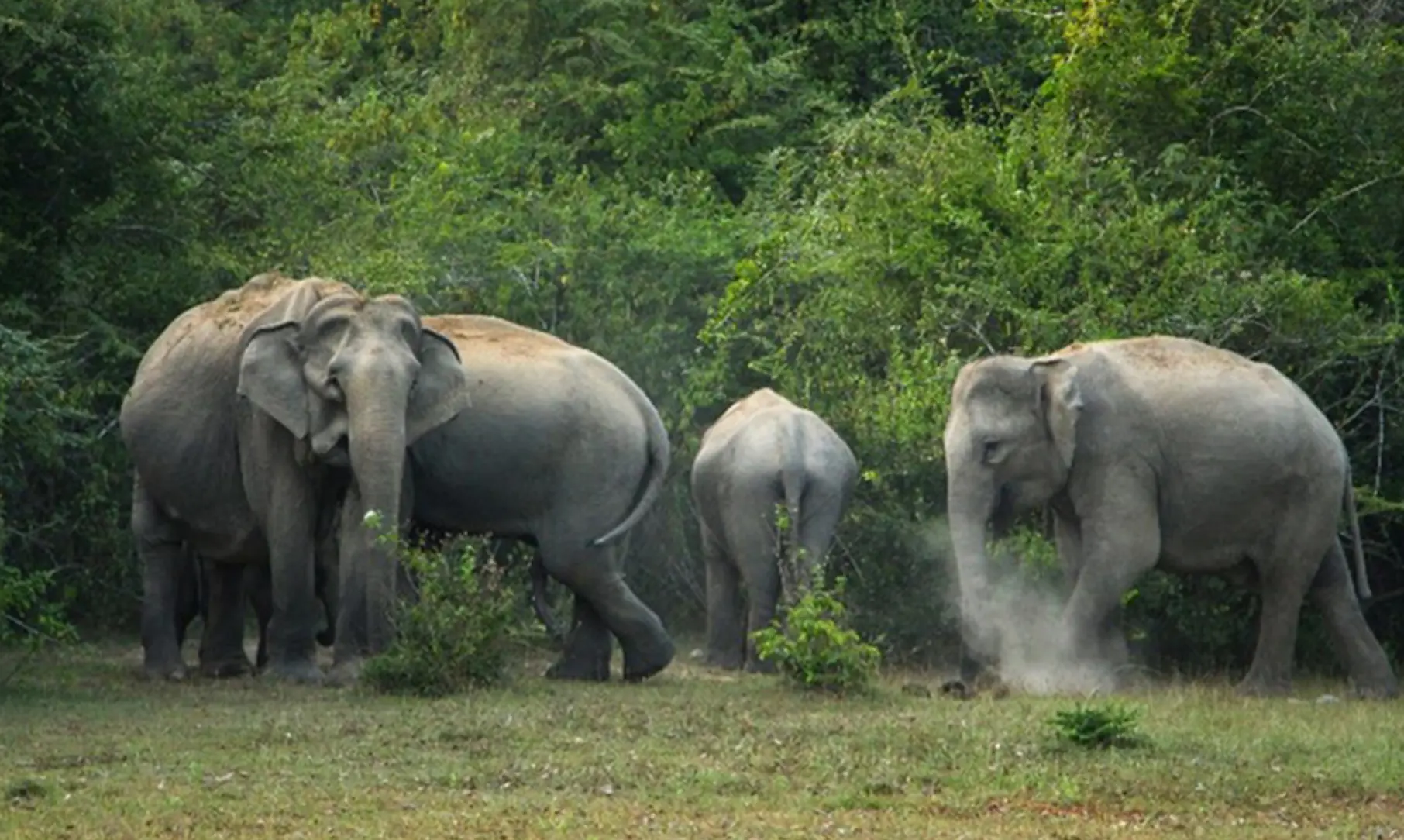
The number and diversity of bird species in an area is a key biodiversity indicator. Ulu Muda is one of only two places in Malaysia that is home to all ten native hornbill species and is recognized as an Important Bird & Biodiversity Area (IBA) by BirdLife International. Like elephants, hornbills contribute to maintaining and regenerating forest ecosystems by dispersing the seeds of large fruiting trees, earning them the name ‘farmers of the forest’.
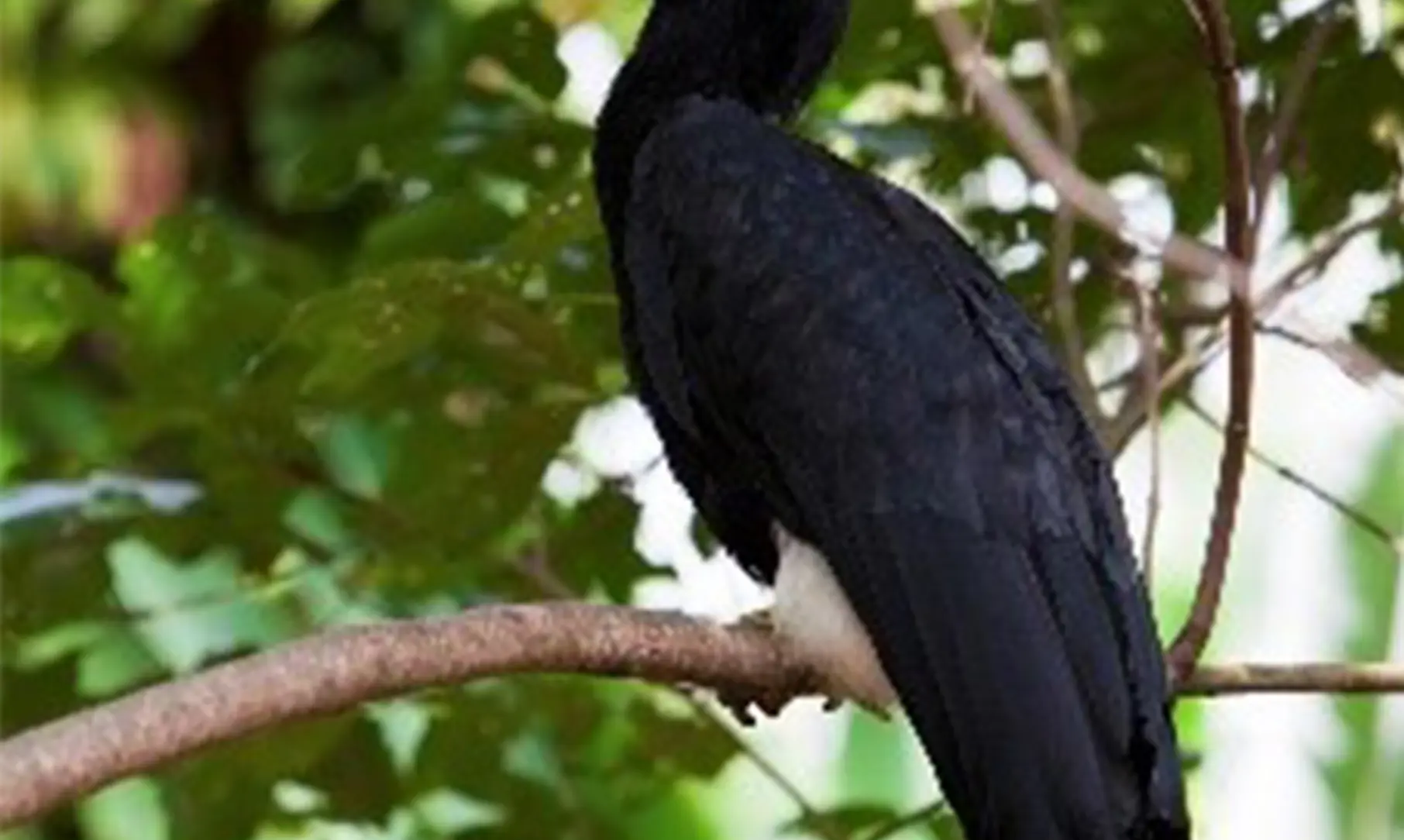
A vital resource for local communities
As well as supporting an abundance of wildlife, more than 4,9001 people from neighboring villages depend on Ulu Muda for their well-being — including for water, food, stable climate, and land. With most local households falling within the bottom 10% income bracket in Malaysia, the majority earn a living through rubber tapping while others depend on fishing, boating, ecotourism, and other traditional forest-related activities. Given their proximity to and dependence on Ulu Muda, it's crucial to empower these communities to become champions of forest conservation.
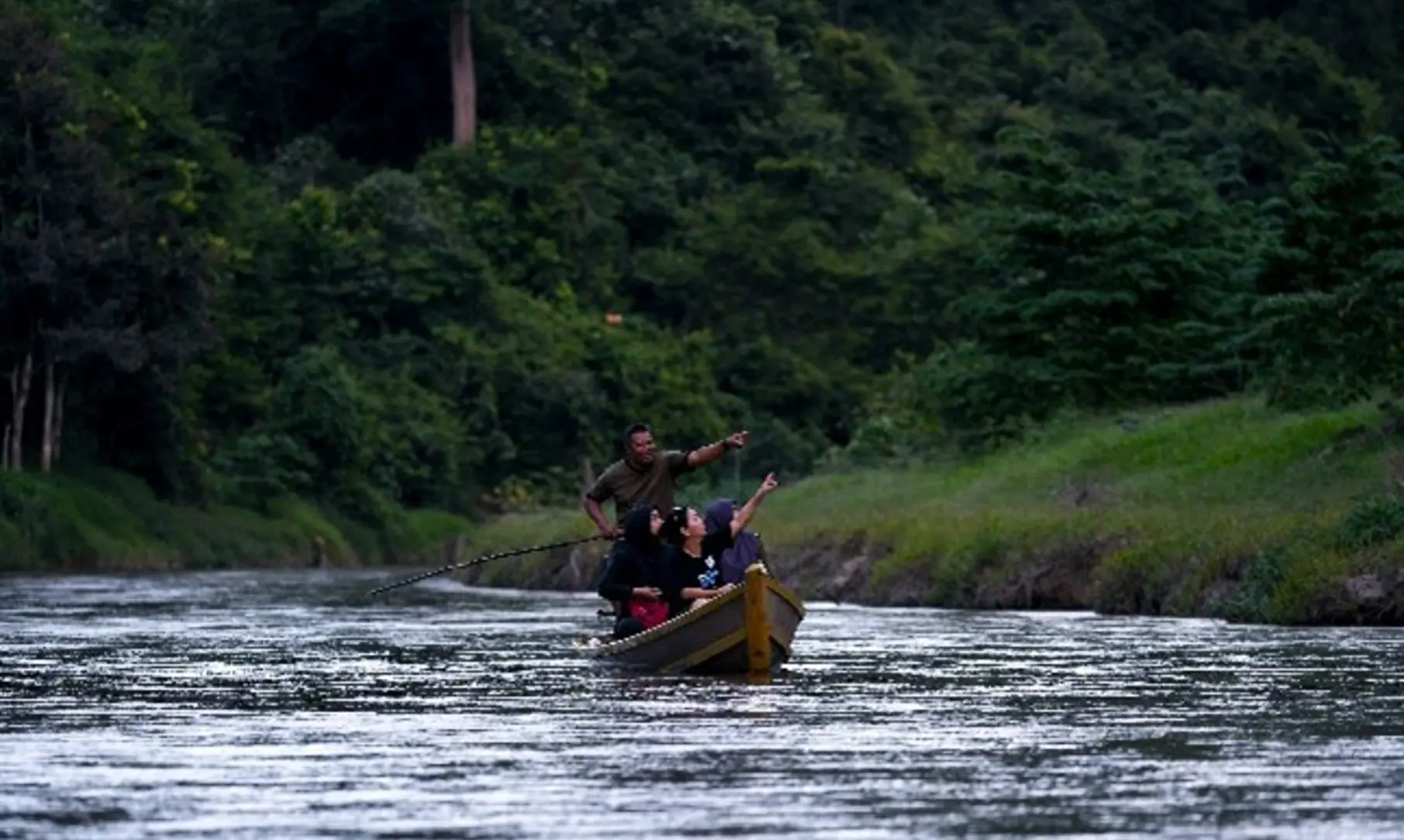
Providing upskilling opportunities is key to improving their livelihoods and ensuring sustainable coexistence with this vital ecosystem.
An important water catchment area
Ulu Muda’s ecosystem services transcend the boundaries of its forest reserves and neighboring villages. It is the most important water catchment for the northern region of Peninsular Malaysia, with reservoirs and dams within the forest complex meeting substantial agricultural, domestic, and industrial water needs. This includes enabling double cropping in the country's largest rice granary areas, which provide a source of income for 57,388 local farmers and their families. The area, irrigated with water from Ulu Muda, produces. The area, irrigated with water from Ulu Muda, produces 40% of the rice grown in Malaysia.
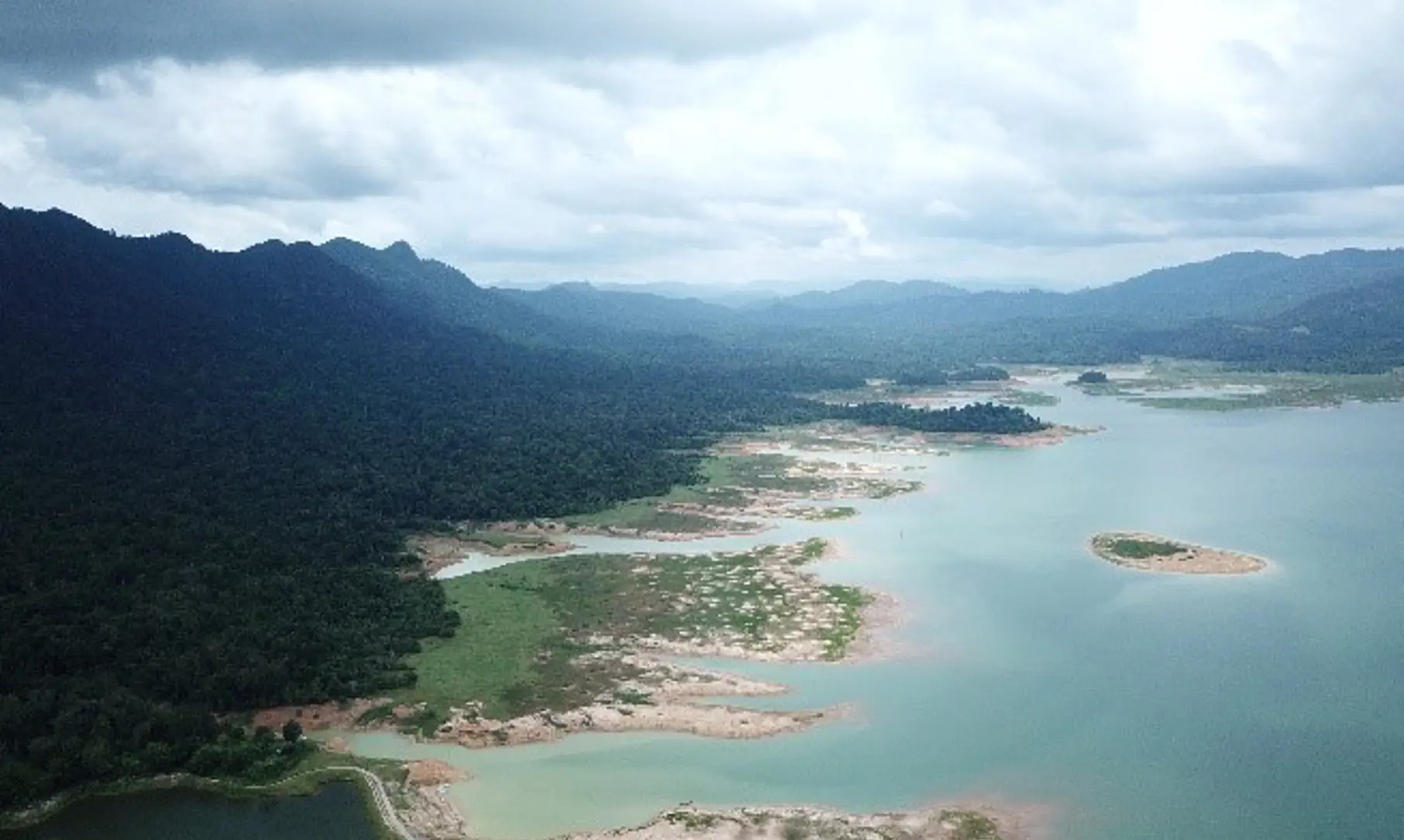
The Muda River provides 80% of treated water for the state of Penang, while both the Muda and Kedah rivers supply 96.5% of Kedah state’s treated water, supporting the needs of thousands of people. This abundant water supply not only supports daily life but also fuels the growth of heavy and high-tech industries in the region, which rely on ultra-pure water for their manufacturing operations.
Paradise under threat
Despite its importance, human and climate-induced impacts are threatening the forest ecosystem and the vital services that the forest complex provides.
Logging has been a major industry in the region since the 1980s, with about 80%1 of the Ulu Muda Forest Complex designated for timber production. Current logging practices and forest conversion to plantations are causing a variety of issues.
Trees and other vegetation hold soil in place with their roots. The creation of logging roads and the removal of trees without sufficient precautions during logging disrupts the soil’s stability, leading to erosion and sedimentation in waterways. Consequently, Ulu Muda has high levels of sedimentation in the Muda River, compromising water quality and creating an 18.29%1 reduction in water volume in the Muda reservoir, which provides water for the Kedah region. This also may impact the local community wellbeing as many of them rely on water extracted directly from their nearby rivers through gravity-feed systems.
Forests also act as important carbon sinks, storing carbon in their wood as they grow. Old forests like Ulu Muda with many mature trees store huge amounts of carbon. However, when forests are cleared, this process releases greenhouse gases (GHG) into the atmosphere, including the carbon stored in the soil. This worsens the effects of climate change, which is already impacting vulnerable ecosystems like Ulu Muda. It is already exacerbating dry seasons, leading to longer and more severe droughts, while wetter wet seasons intensify flooding.
In 2020, an extreme drought event nearly depleted the Muda reservoirs, reducing dam capacity to a critical 7.5% of its total capacity of 160 billion liters. This event is just one of many drought occurrences in the region, highlighting the profound impact of climate change on regional water resources.
Local communities and the citizens of the region have borne the brunt of these water issues.
Reduced water availability due to drought not only impacts their daily lives but also disrupts paddy planting schedules and jeopardizes food security. Moreover, industries and essential services such as schools and hospitals rely heavily on consistent water access, making them vulnerable to operational disruptions. Furthermore, flooding may increase the risk of waterborne disease and destroy homes, agricultural lands, and infrastructure.
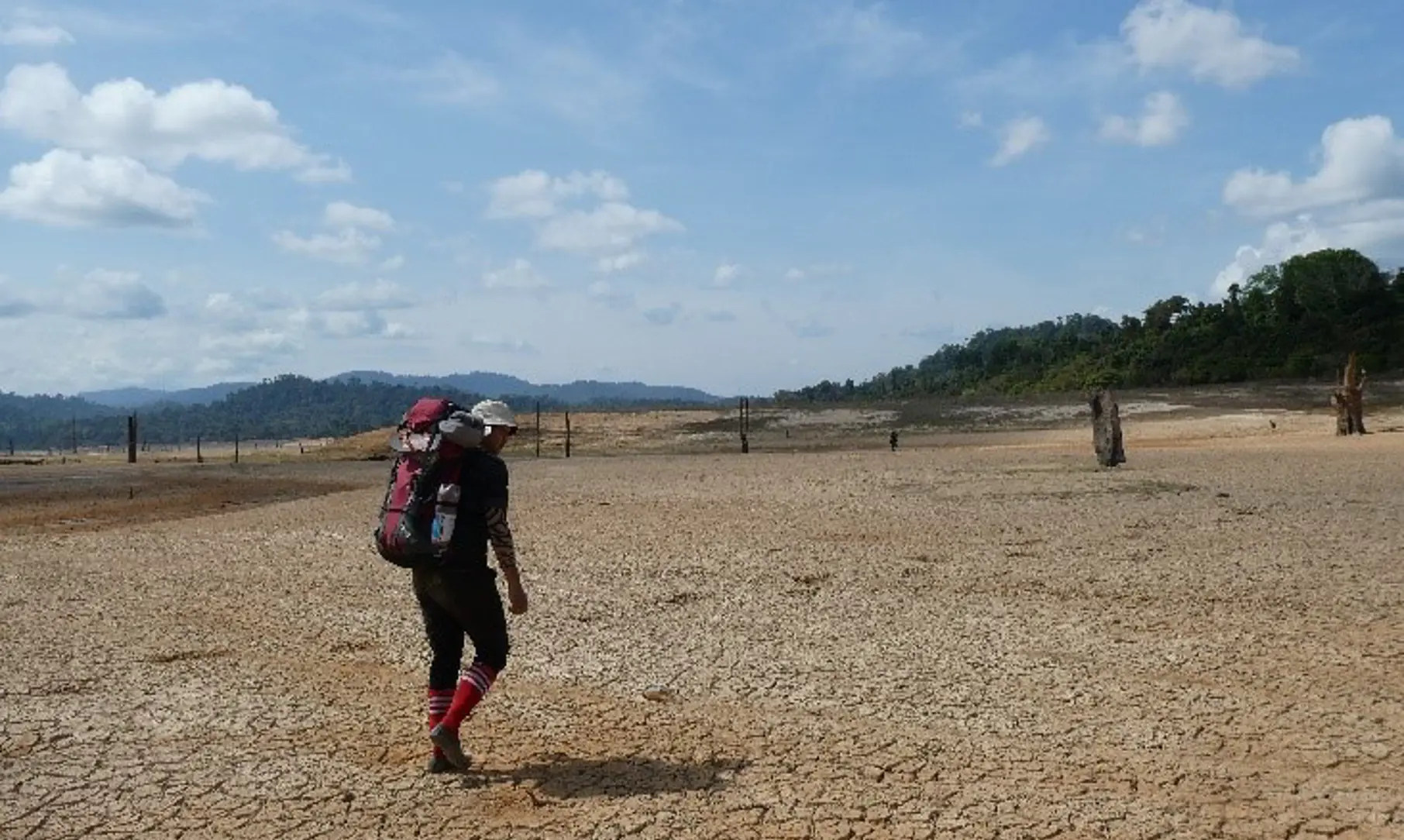
The unsustainable management of natural resources will not only disturb the ecosystem and habitat but also undermine its ecotourism potential. Logging activities contribute to the muddying of waters, diminishing the pristine appeal of the environment. Additionally, the expanding land development within and around the Ulu Muda exacerbates human-elephant conflicts , which have been ongoing for nearly a decade. These conflicts have forced elephant translocations to forests in neighboring states, adversely impacting Ulu Muda’s elephant population and forest ecology. This is particularly crucial considering that Ulu Muda serves as the last stronghold of Asian elephants in Kedah, and it's imperative to prevent their displacement to other forests.
Our plan to re-prioritize nature
Critical forest ecosystems like Ulu Muda need protection, which is why we have chosen to launch a three and a half-year forest project facilitated by WWF-Malaysia in the region. WWF-Malaysia are an expert partner – they have been working for over 20 years in the area and recently successfully expanded 5,162 hectares of the ecological corridor to connect Ulu Muda Forest Complex and Bintang Hijau Forest Complex, enhancing ecological connectivity, and ensuring the survival of endangered species in the region.
The project will support work to ensure the landscape continues to provide vital ecosystem services, ensuring water security, regional growth, and contributing to the nation’s food security and resilience in the face of climate change impacts. This entails piloting the restoration of 25 hectares of degraded forest, advocating for and building capacity to improve the management of over 170,000 hectares of forest, providing a thriving habitat for wildlife, and empowering local communities to champion conservation.
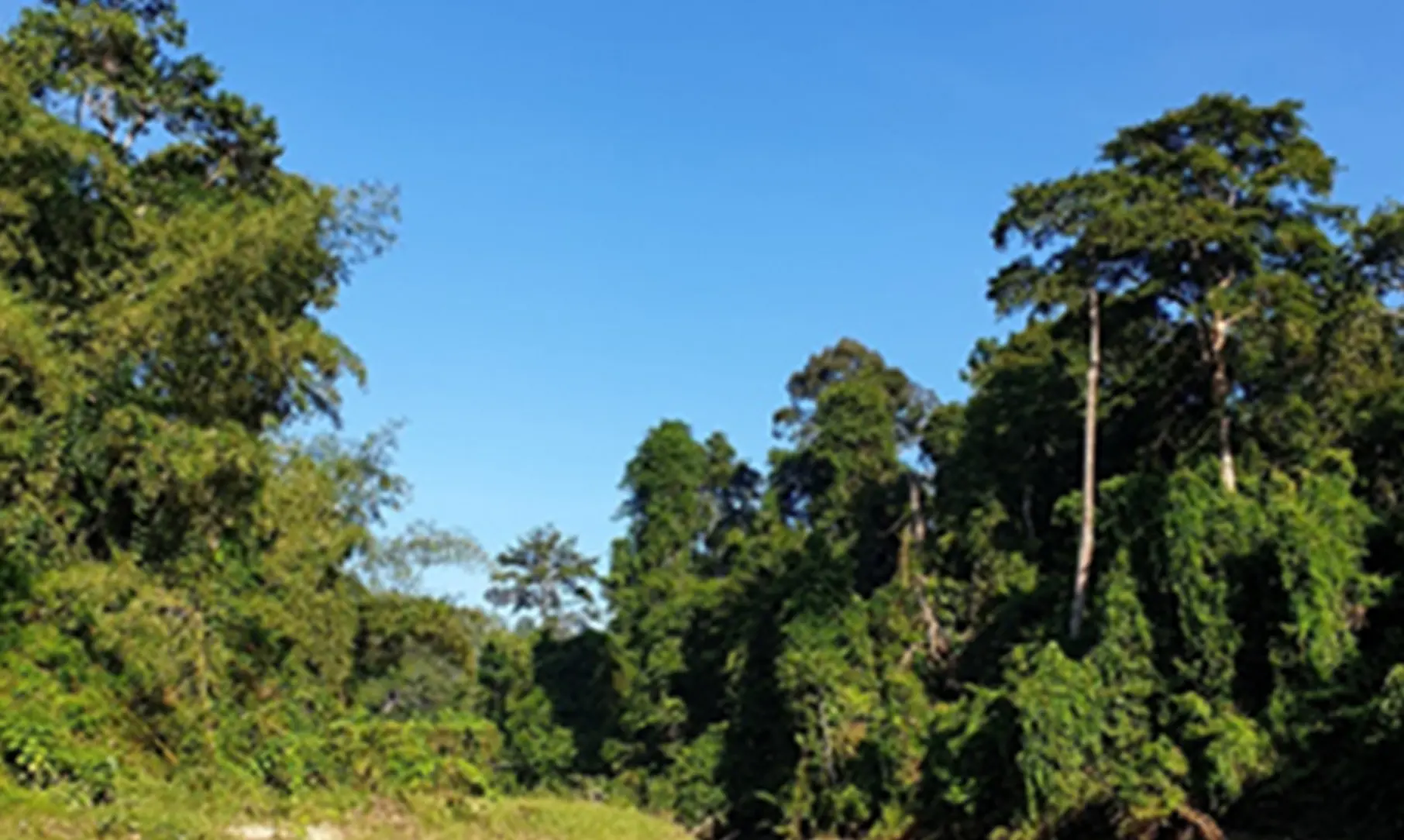
To improve management in Ulu Muda, WWF-Malaysia's Ulu Muda team will start by assessing and monitoring the area. They will develop narratives via reports and advocacy papers, which will then support their advocacy work. Forest restoration activities will employ various methods, including monitoring, and maintaining the critical sites. Additionally, the project will help raise awareness about the importance of the forest, encouraging and empowering the people of Kedah, who depend on Ulu Muda, to champion conservation efforts.
Launching this project marks another important step towards achieving our goals to help forests thrive. Through this collaborative effort, we aim to create more resilient landscapes that will safeguard nature and those dependent on it, for years to come.
1 Source: WWF
About Forests Forward
*Forests Forward is a signature WWF programme for corporate action in benefit of nature, climate, and people. Companies joining Forests Forward commit to ambitious goals on responsible sourcing, sustainable forest management, and investment in forest landscapes. Strong, collective private-sector action is crucial to halting and reversing forest loss and degradation globally. Find out more at forestsforward.panda.org

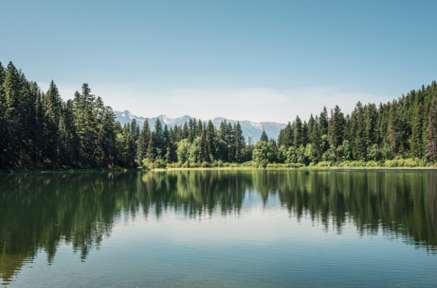
Business is yet to unlock the true value of protecting and restoring nature
